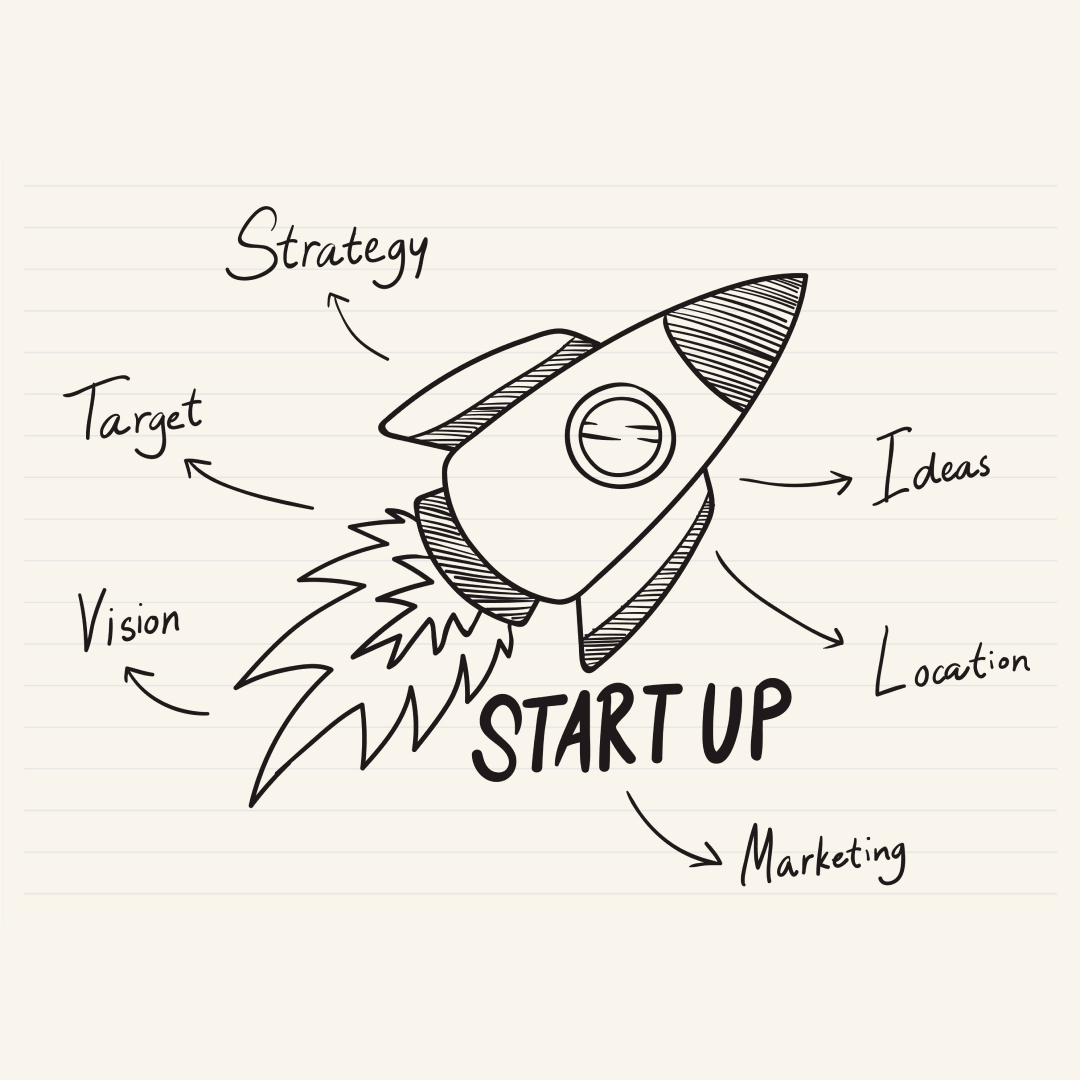Preparing a startup is an important and responsible process. If you are planning your own startup, try to follow the advice in the article material. This will help make your startup successful.
Financial modeling
Financial modeling is a great way to bring your startup concept to paper. The financial model of a startup will allow conducting analytical activities and developing a business plan.
It is through financial modeling that one can easily determine the level of viability of an idea. It is extremely important to get answers to the following questions before searching for investors:
- What is the essence of the proposal, what tasks can the product or service (solution, application, etc.) solve?;
- How much money is needed to cover fixed costs, what are these costs?;
- What would be the optimal investment volume, what would the money go to?.
After modeling and preliminary analysis, you can start looking for investors. But not right away: first you need to solve other problems.
Who should I send an offer to?
Potentially interested investors, including venture capital firms. Tip: It is best to provide only a summary to potentially interested parties for preview. This will protect the uniqueness of the startup if it is rejected by an investor or firm.
It should also be borne in mind that most of all investors love startups at the later stages of development, for example, when the business has taken a commercial path or the project has begun to scale. You will have to do some of the work yourself.
Tip: you should start looking for investors among your friends and acquaintances. Sometimes close or relatively close people are more willing to agree to finance a startup.
What startups do sponsors like?
To give life to a startup, you need to convince investors that:
- you are distinguished by hard work and ambition;
- your concept has logic;
- your idea works;
- you are willing to work with risks and minimize them.
The optimal amount to start
You should not chase exorbitant amounts and immediately demand 200-300 thousand dollars from investors. For the start, 10-20 thousand will be enough. It's great if it is your personal money.
Startup platforms
To help the business grow, you can and should even turn to some platforms. Examples:
- Starups.co. The number of users is over ten million. Here you can find investors and consultants;
- Gust.com. The platform is notable for the fact that its users have invested over a million dollars in startups;
- Angel Investment Network and similar platforms such as Angel Capital Association. These and other networks of business angels will not only help find money, but also provide control, prompt and advise a person who has decided on his own startup.
It is also worth taking a closer look at crowdfunding sites. An example is Kickstarter. Business incubators such as TechStars can be useful.
Marketing and presentation
Marketing is almost the foundation of commercial success. Incorporate marketing elements into your startup and try to do it yourself. This will allow you to grow and save money. If there is no desire to understand the details, you can attract a specialist.
Presentation is another important moment for a startup. With its help, you can establish a dialogue, a monologue, and even tie investors to a startup. A well-prepared presentation assumes:
- availability of facts;
- brevity. Investors have little or no time. There is no need to inflate the presentation to unimaginable boundaries. The optimal number of slides is 10;
- accuracy. Figures and estimates must be objective;
- simplicity of presentation. The investor must understand what he has to sponsor (or not);
- confidence. There is no need to read the text from the slides to the investor.
Information memorandum to help a startup
An information memorandum is a legally binding document. It can be useful for investors to understand goals, risks, financing conditions.
In general, the memorandum includes 20-30 pages of information (text, graphics). It needs to be dedicated to the critical aspects of a startup.
The memorandum should:
- give an idea of the startup and its concept;
- justify the relevance and effectiveness of investments in a startup;
- contain a brief description of the concept, conducted marketing and other research;
- contain the history of the startup's activities;
- contain an indication of potential customers, a description of the target audience and prospects, information about the potential for expansion and development of a startup with justifications;
- contain data on the current market situation, forecasts;
- include data on the SWOT analysis performed;
- have in the structure a section on developed and considered indicators of success;
- include information about risks;
- give an idea of the startup team;
- disclose financial data (expenses, expected profit);
- contain information on long-term goals;
- include other information.
The purpose of the information memorandum is to present the project and data that could not fit into the presentation.
Tips: 5 Steps to Success
- Make sure the concept is viable by researching the market and making realistic forecasts.
- Identify the goals of the startup and prepare a business plan.
- Prepare a startup prototype.
- Prepare an information memorandum.
- Prepare a short presentation.




